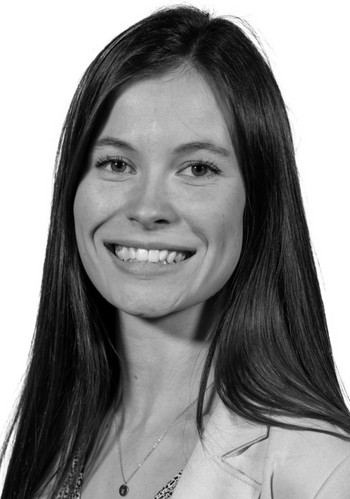Stanford president resigns after allegations of research misconduct
Stanford President Dr. Marc Tessier-Lavigne announces he will resign from his position, despite his denial of all allegations.
‘Stanford … needs a president whose leadership is not hampered by such discussions,’ Tessier said. ‘I therefore concluded that I should step down before the start of classes.’
Stanford President Marc Tessier-Lavigne announced that he will resign on August 31 due to allegations of fraud and unethical conduct related to his research and papers.
According to the allegations, Dr. Tessier-Lavigne failed to make corrections to his papers when incorrect data was found by members of the scientific community in 2001, the early 2010s, 2015, 2016, and March 2021. The scientists then shared their findings with PubPeer, an online collaboration platform for the scientific community.
Dr. Tessier-Lavigne plans to make alterations and corrections to five papers of which he was the primary author.
One of Dr. Tessier-Lavigne’s papers that is to undergo correction, “Alzheimer’s Theory Makes a Splash,” was considered an important piece of research in the field of neuroscience. Neurologists considered the paper a “missing piece” in Alzheimer’s research.
It was in November of 2022 that public allegations regarding Dr. Tessier-Lavigne’s research papers proved substantial enough that the Stanford University Board of Trustees formed a Special Committee to look into the allegations.
[RELATED: Stanford puts DEI dean on leave, makes students take ‘mandatory educational programming’]
The panelists that made up the Special Committee included outstanding scientists selected for their knowledge and experience, including, Hollis Cline, Ph.D., Kafui Dzirasa, M.D., Ph.D., Steven E. Hyman, M.D., Randy Schekman, Ph.D., and Shirley M. Tilghman, Ph.D.
The Committee examined twelve papers, five authored and seven co-authored by Dr. Tessier-Lavigne. The five articles authored by Dr. Tessier-Lavigne were found to have contained either research misconduct or substandard scientific practices. For the seven other articles, the report found that Dr. Tessier-Lavigne was not involved in any of the challenged figures or data.
Comments from scientists on PubPeer express concerns over “overlapping” of sample images and information from multiple experiments patched together to look like one experiment. According to one scientist, “This seems to be more than just a small error.”
According to the Committee’s report, their review encompassed three topics: “(1) the twelve papers on which Dr. Tessier-Lavigne was a co-author; (2) Dr. Tessier-Lavigne’s approach to correcting issues or errors in the scientific record; and (3) Dr. Tessier-Lavigne’s management and oversight of his scientific laboratories.”
After review, the Committee decided that even though Dr. Tessier-Lavigne was not personally aware or responsible for the misinformation or substandard practices found in the 5 papers, there was a level of responsibility that must be attributed to him as head of the lab.
“The Scientific Panel has concluded that Dr. Tessier-Lavigne created a laboratory culture with many positive attributes,” stated the Committee in their report, “but the unusual frequency of manipulation of research data and/or substandard scientific practices from different people, at different times, and in labs at different institutions, suggests that there may have been opportunities to improve laboratory oversight and management.”
Dr. Tessier-Lavigne gave his reasons for resigning to the Stanford community. “I am gratified that the Panel concluded I did not engage in any fraud or falsification of scientific data … Stanford … needs a president whose leadership is not hampered by such discussions. I therefore concluded that I should step down before the start of classes.”
Campus Reform contacted all relevant parties for comment. This article will be updated accordingly.
Follow Emily Fowler on Twitter

